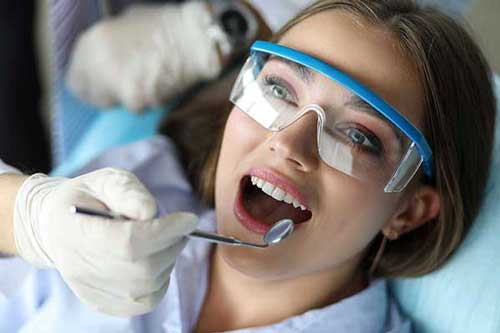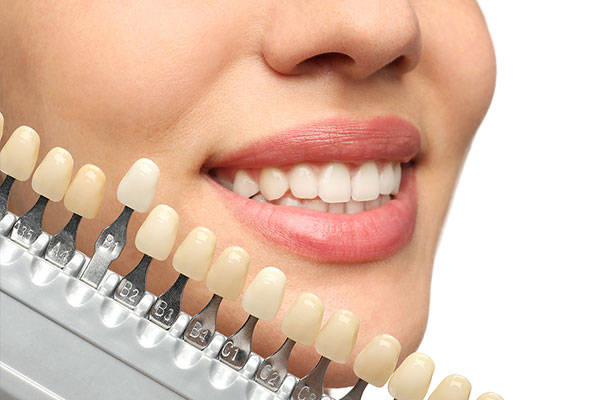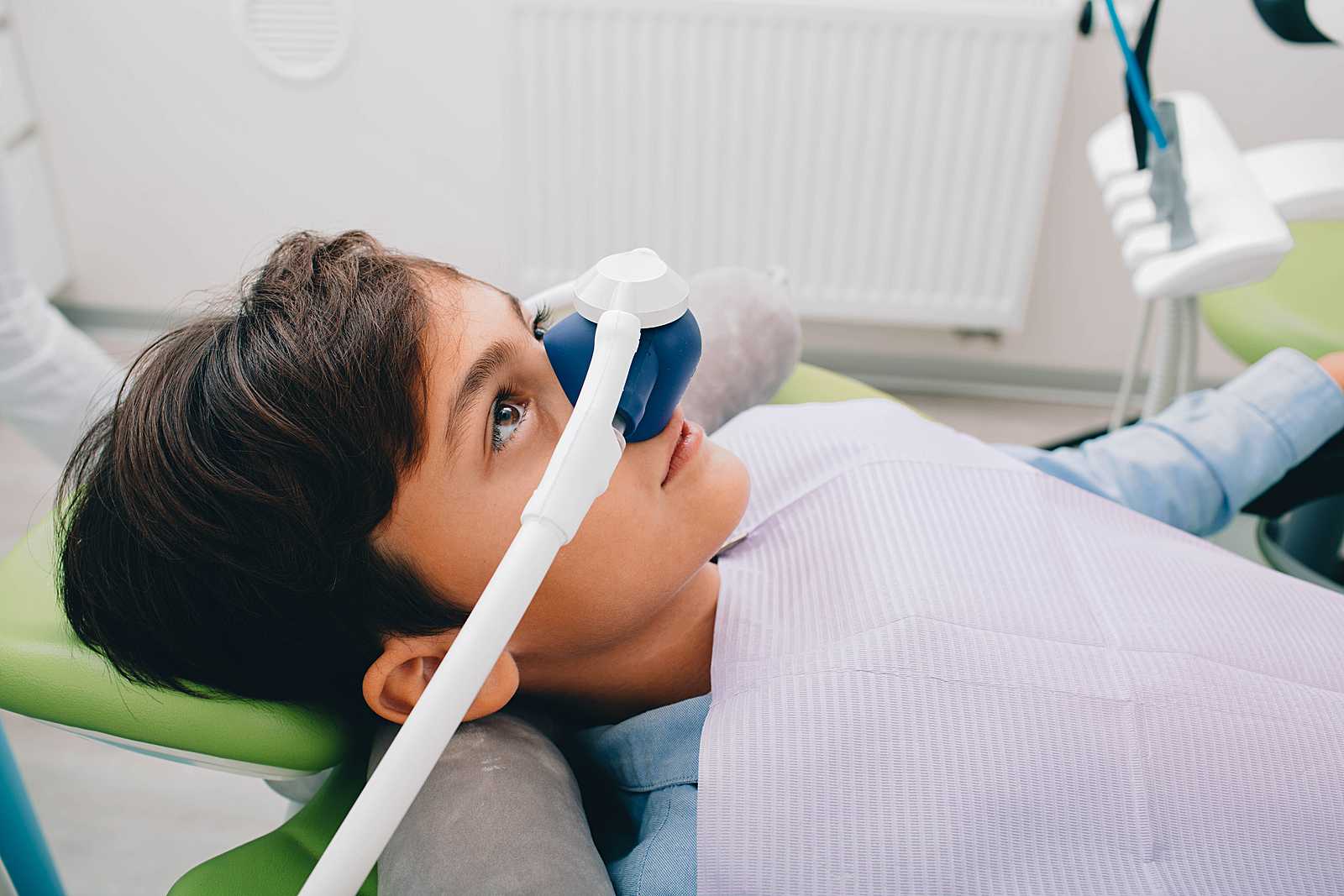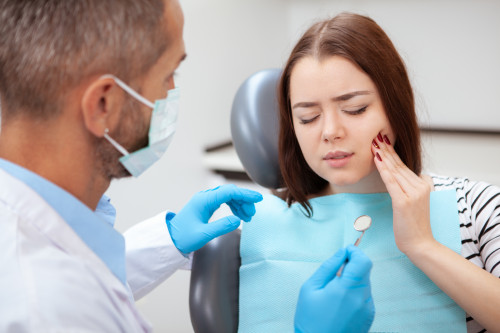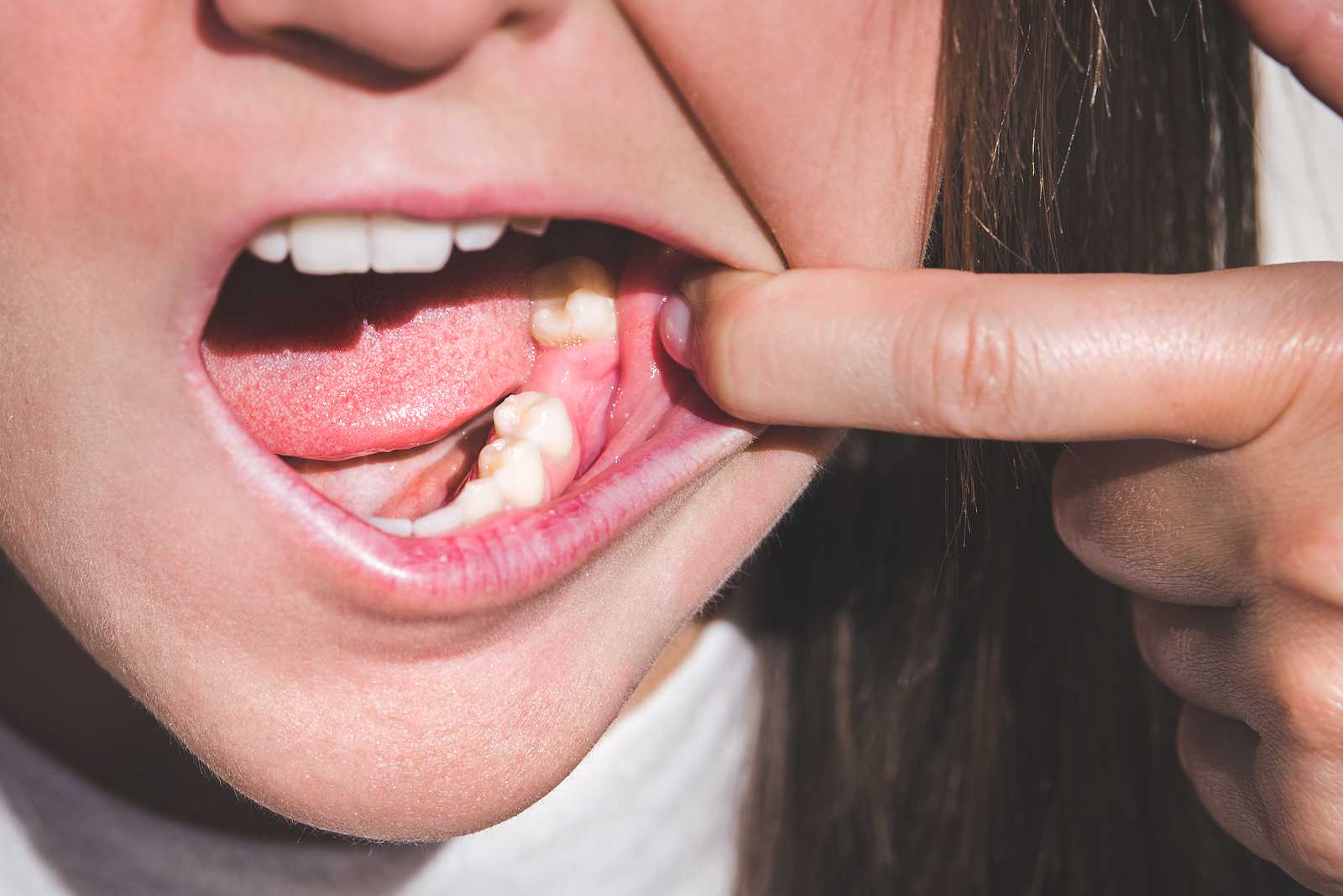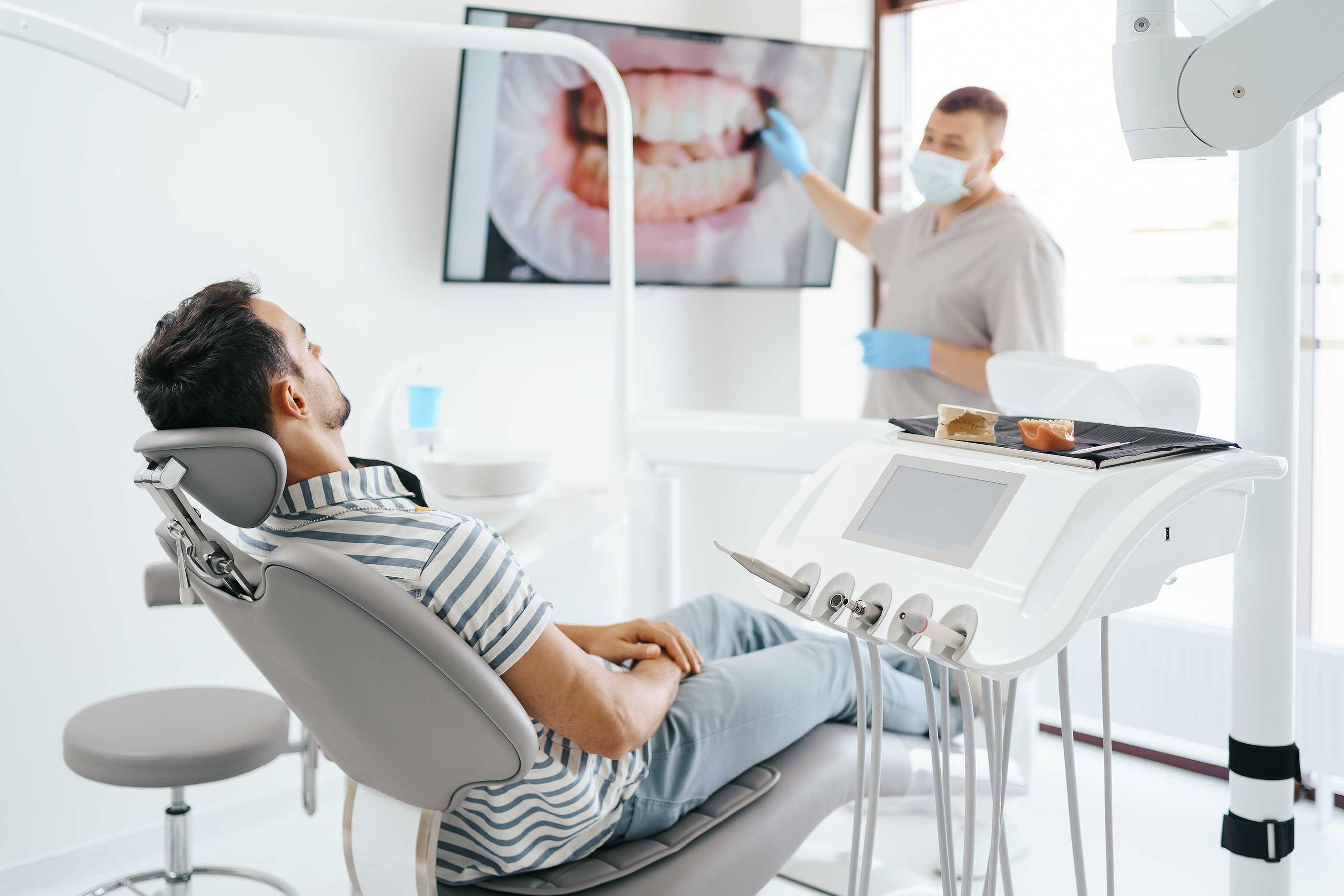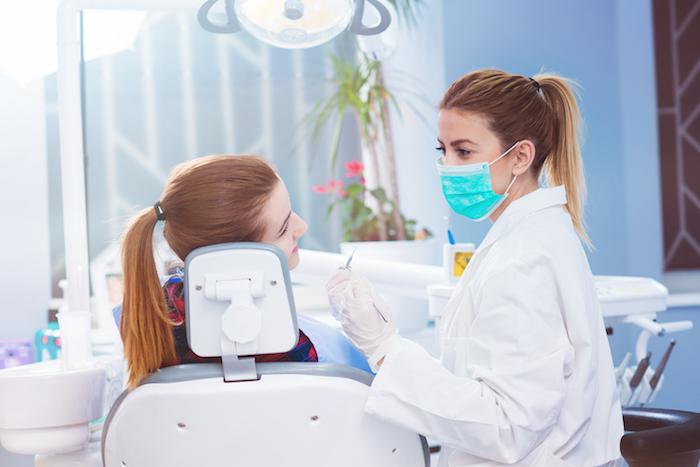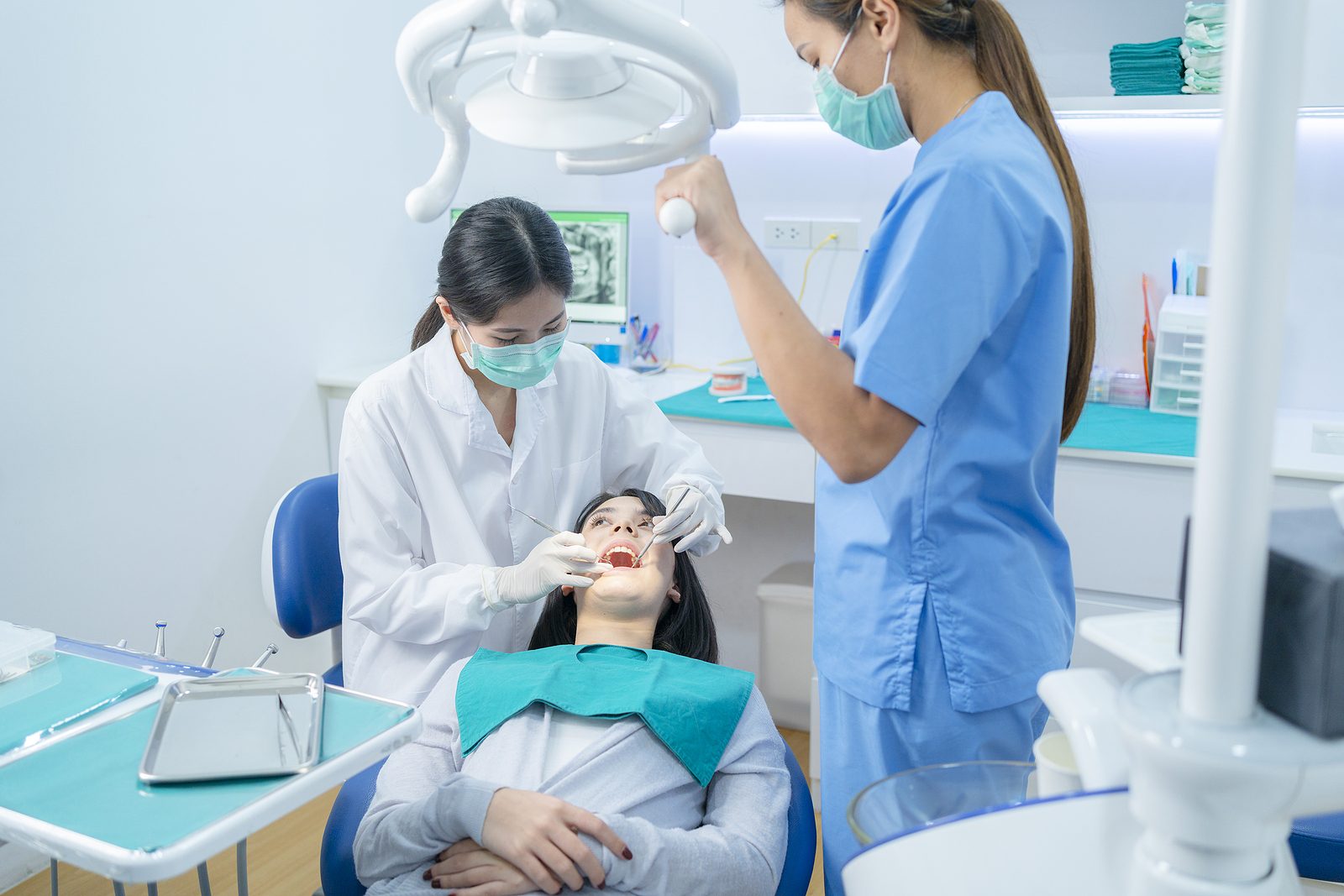A Complete Guide: What to Expect on Your Routine Dental Examination
Posted by Lance Robbins
Oral Health
on Nov 13 2023, 03:56 AM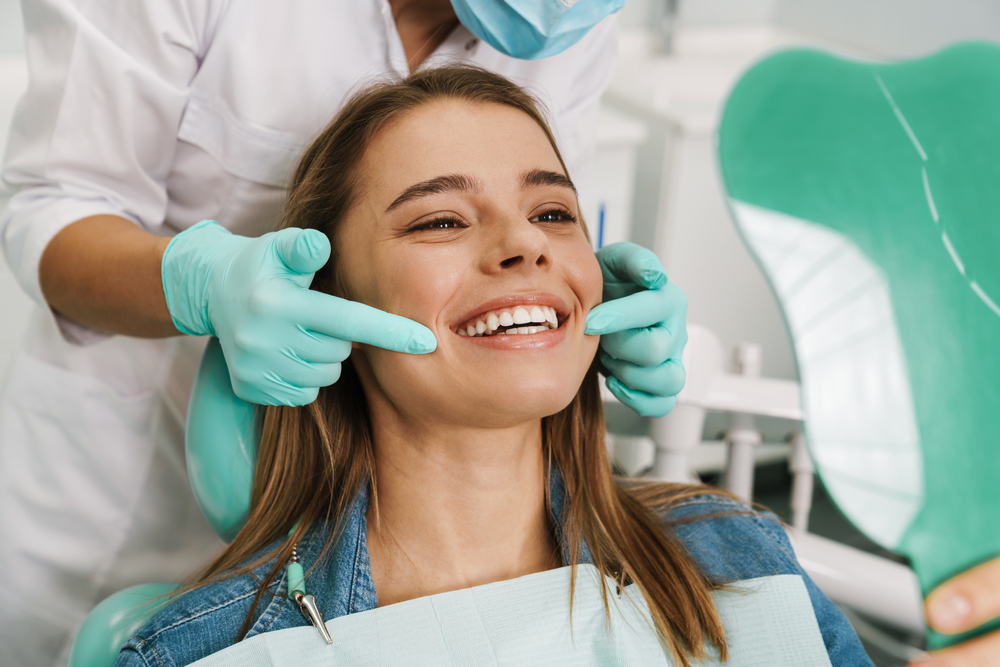
Welcome to our comprehensive guide on what to expect during your routine dental examination! Regular dental exams are the key to maintaining a healthy and radiant smile. Whether you're a seasoned pro or it's your first visit, understanding what happens during these appointments can help ease any anxiety and ensure you get the most out of your time in the dentist's chair. So, let's dive in and discover everything you need to know about routine dental examinations!
Importance of Regular Dental Exams
Regular dental exams are a crucial part of maintaining good oral health. Not only do they help prevent tooth decay and gum disease, but they also allow dentists to catch any potential issues early on before they become major problems.
During these exams, your dentist will thoroughly examine your teeth and gums for any signs of cavities, plaque buildup, or periodontal disease. They may also take X-rays to get a closer look at the underlying structures of your mouth.
But it's not just about preventing oral health issues – regular dental exams can have a positive impact on your overall well-being too. Poor oral hygiene has been linked to various systemic conditions such as heart disease, diabetes, and even respiratory infections. By taking care of your teeth and gums through routine examinations, you're investing in your long-term health.
Furthermore, dental exams offer an opportunity for professional cleaning and polishing that removes stubborn tartar buildup that cannot be removed by brushing alone. This leaves you with a fresh and clean feeling that simply can't be replicated at home.
So whether it's preventing cavities or keeping tabs on your overall health, regular dental exams are absolutely essential. Don't skip out on these visits – trust me; both you and your smile will thank you in the long run!
What Happens During a Routine Dental Examination?
During a routine dental examination, several key things happen to ensure the overall health and well-being of your teeth and gums. First, the dentist or dental hygienist will thoroughly examine your mouth for any signs of tooth decay, gum disease, or other oral health issues. They may use special tools like a mirror and probe to get a closer look at all areas of your mouth.
Next, they will clean your teeth using professional-grade instruments to remove any plaque or tartar buildup that can contribute to cavities or gum disease. This process is called scaling and polishing and leaves your teeth feeling squeaky clean.
After cleaning, the dentist may take X-rays of your teeth to check for any hidden problems, such as impacted wisdom teeth or bone loss. These images provide valuable information about the internal structures of your mouth that cannot be seen with the naked eye.
The dentist will also perform an oral cancer screening during the examination by checking for any abnormal lumps, bumps, or sores in your mouth. Early detection is crucial in successfully treating oral cancer.
The dentist will discuss their findings with you and make recommendations for further treatment if necessary. They may suggest fillings for cavities, deep cleaning procedures for gum disease, or orthodontic treatment options to improve alignment.
Routine dental examinations are essential in maintaining good oral health and preventing more serious issues down the road. So don't skip those regular check-ups -your smile will thank you!
How Often Should You Schedule a Dental Exam?
Regular dental exams are essential for maintaining good oral health. But how often should you schedule these exams? The answer may vary depending on your individual needs and risk factors.
Most dentists recommend scheduling a routine dental exam every six months. This frequency allows your dentist to closely monitor your oral health and catch any potential issues early on. However, some individuals may need more frequent visits, while others may be able to stretch the time between appointments.
Factors that can affect the frequency of your dental exams include age, overall health, oral hygiene habits, and history of dental problems. For example, children and teenagers may need more frequent exams as their teeth and jaws are still developing. Individuals with underlying medical conditions such as diabetes or heart disease may also require more regular check-ups to ensure their oral health is well-maintained. Your dentist will evaluate your specific situation during each visit and provide personalized recommendations regarding the optimal frequency of your dental exams.
Remember that prevention is key when it comes to oral health. Regularly scheduled dental exams not only help detect problems early but also allow for preventive treatments such as cleanings and fluoride applications that can help keep your teeth healthy in the long run.
Be sure to discuss any concerns or questions about the recommended frequency of your dental exams with your dentist at your next appointment. They will work with you to create an individualized plan that suits both your needs and goals for maintaining excellent oral health!
Conclusion
Regular dental exams are an essential part of maintaining good oral health. By scheduling routine examinations, you can detect and prevent potential dental issues before they become major problems. During these exams, your dentist will thoroughly examine your teeth, gums, and mouth to identify any signs of decay, gum disease, or other oral conditions.
In addition to the physical examination, a routine dental exam may also include X-rays to get a more comprehensive view of your dental health. Your dentist may also perform professional teeth cleaning to remove plaque buildup and tartar that cannot be removed by regular brushing.
Remember that prevention is always better than cure when it comes to maintaining optimal oral health. By attending regular dental exams and following proper oral hygiene practices at home, including brushing twice daily with fluoride toothpaste, flossing regularly, and eating a balanced diet, you can significantly reduce the risk of developing serious dental problems in the future.
So don't wait until you experience pain or discomfort - make sure to prioritize your regular dental examinations! Taking care of your teeth now will not only save you from unnecessary pain but also keep your smile healthy and beautiful for years to come!
Share On
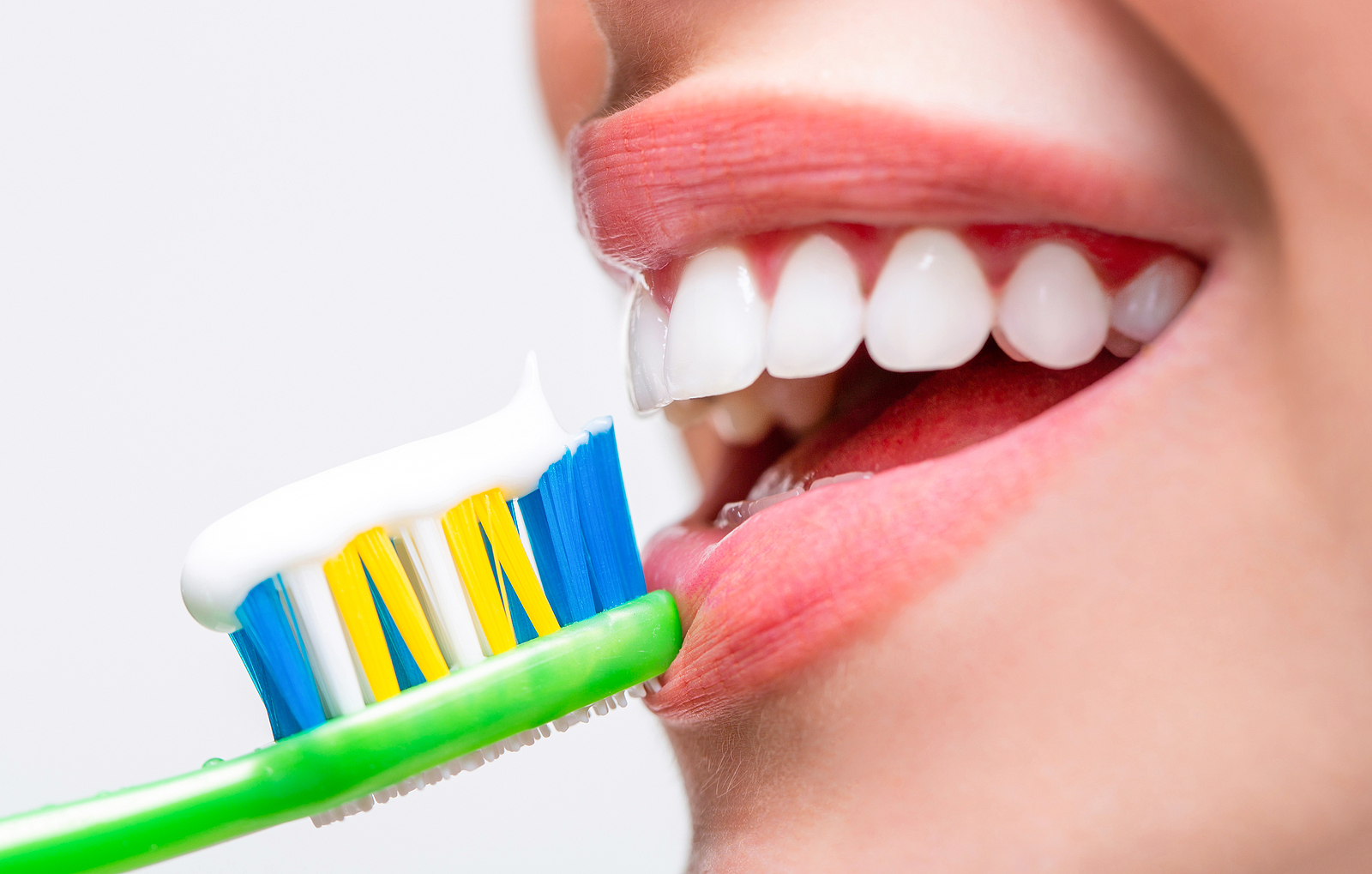
Fluoride: Nature’s Cavity Fighter
Welcome to our comprehensive guide on what to expect during your routine dental examination! Regular dental exams are …

Bad Breath Culprits
Welcome to our comprehensive guide on what to expect during your routine dental examination! Regular dental exams are …
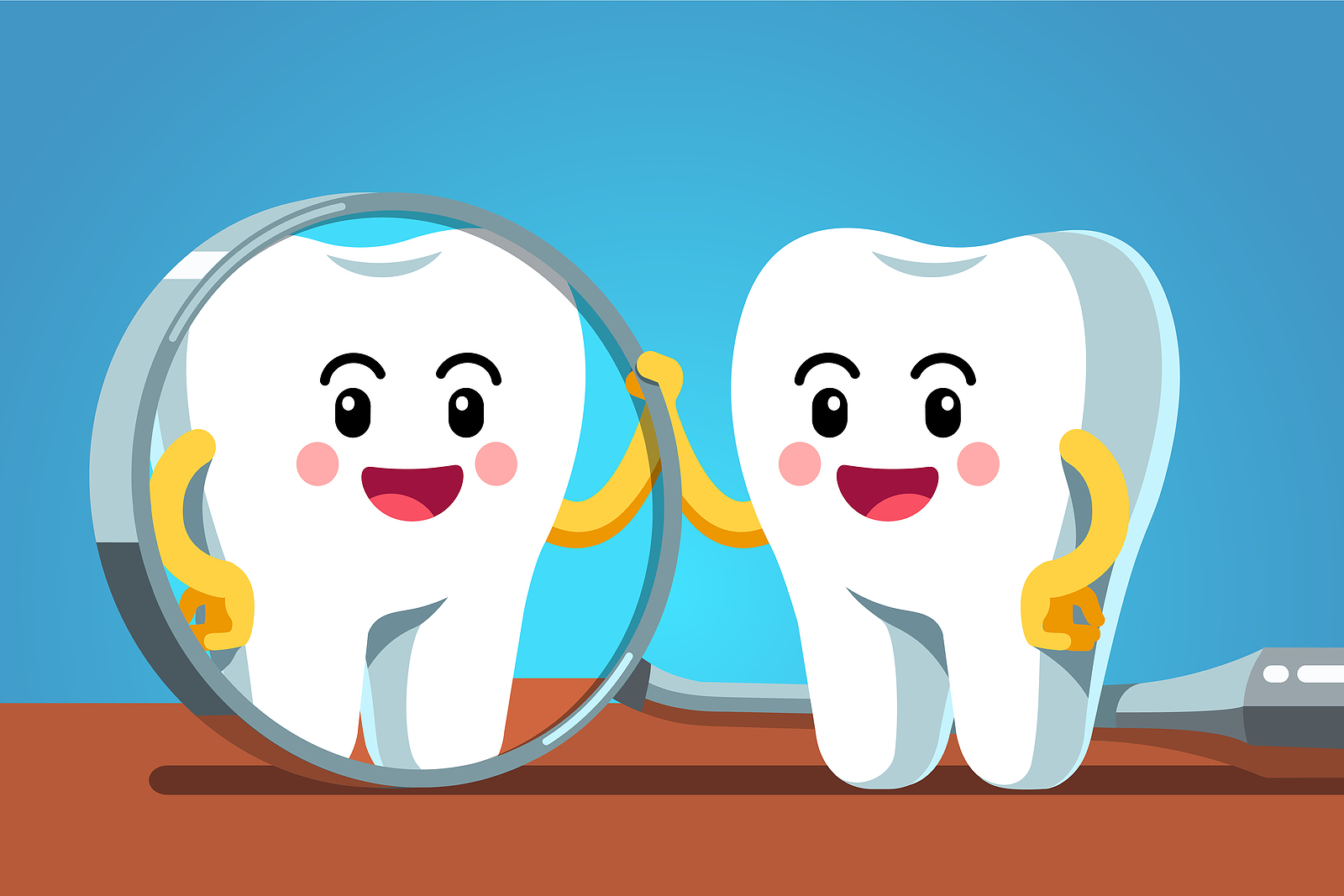
Seamless Tooth Replacements
Welcome to our comprehensive guide on what to expect during your routine dental examination! Regular dental exams are …

